Back to Courses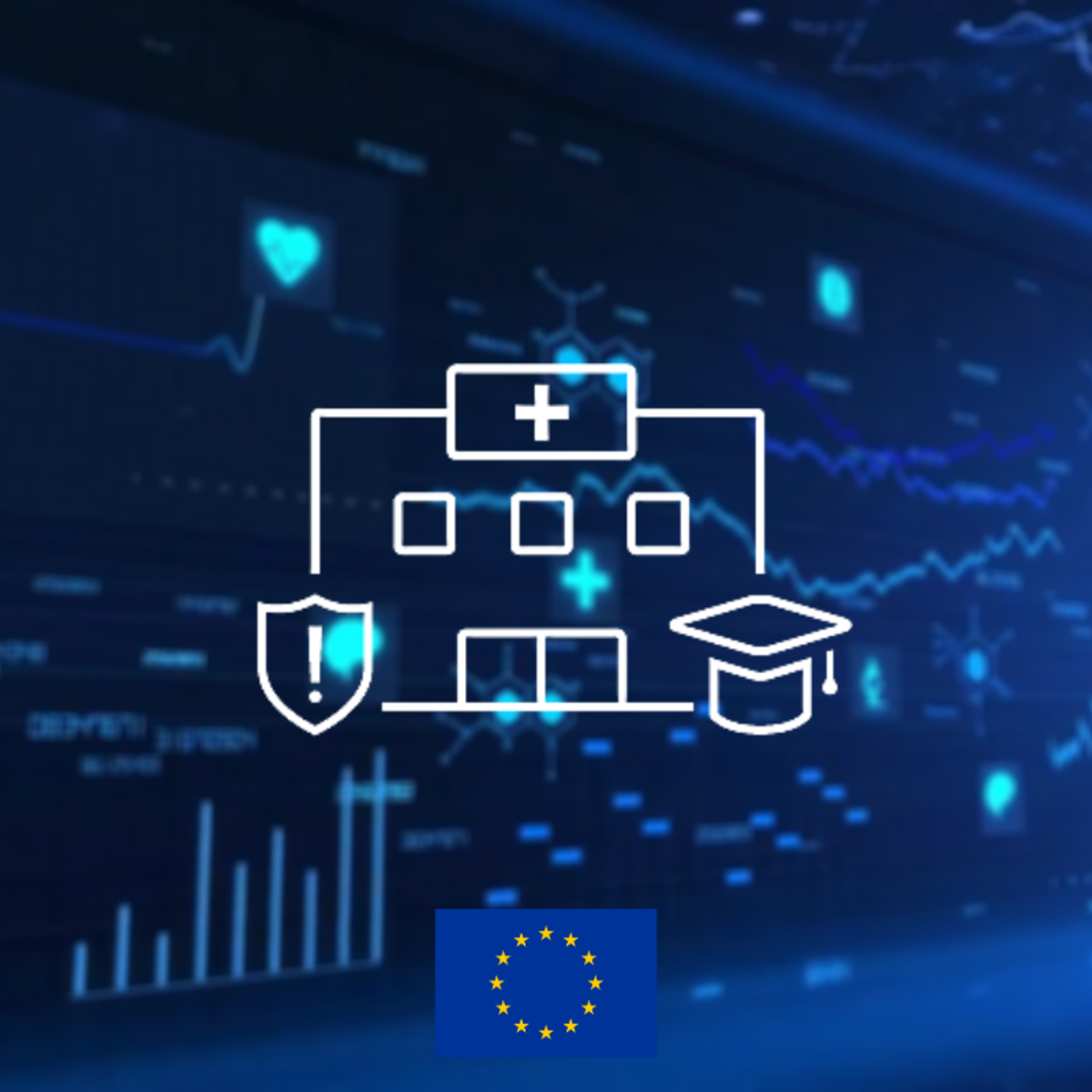
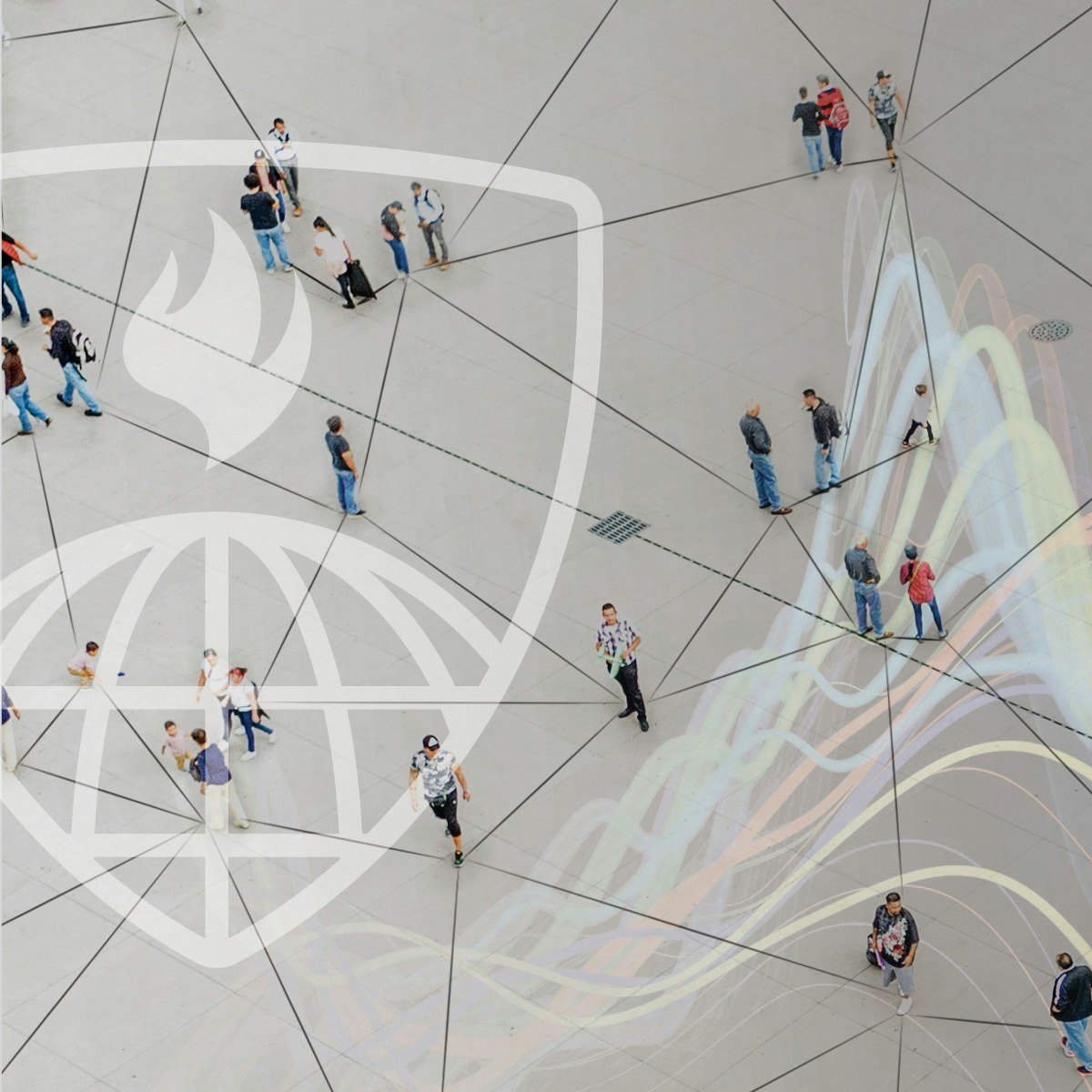
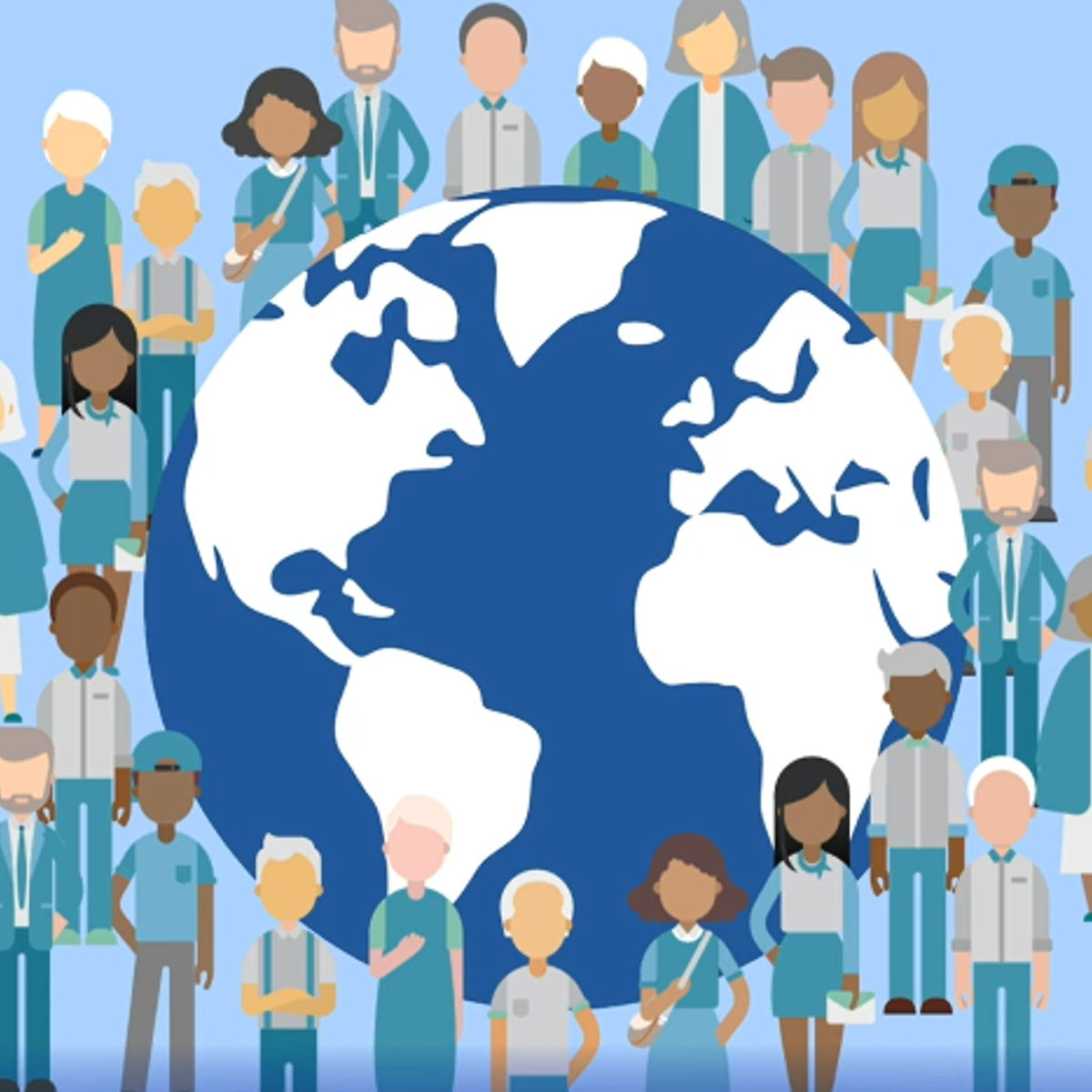
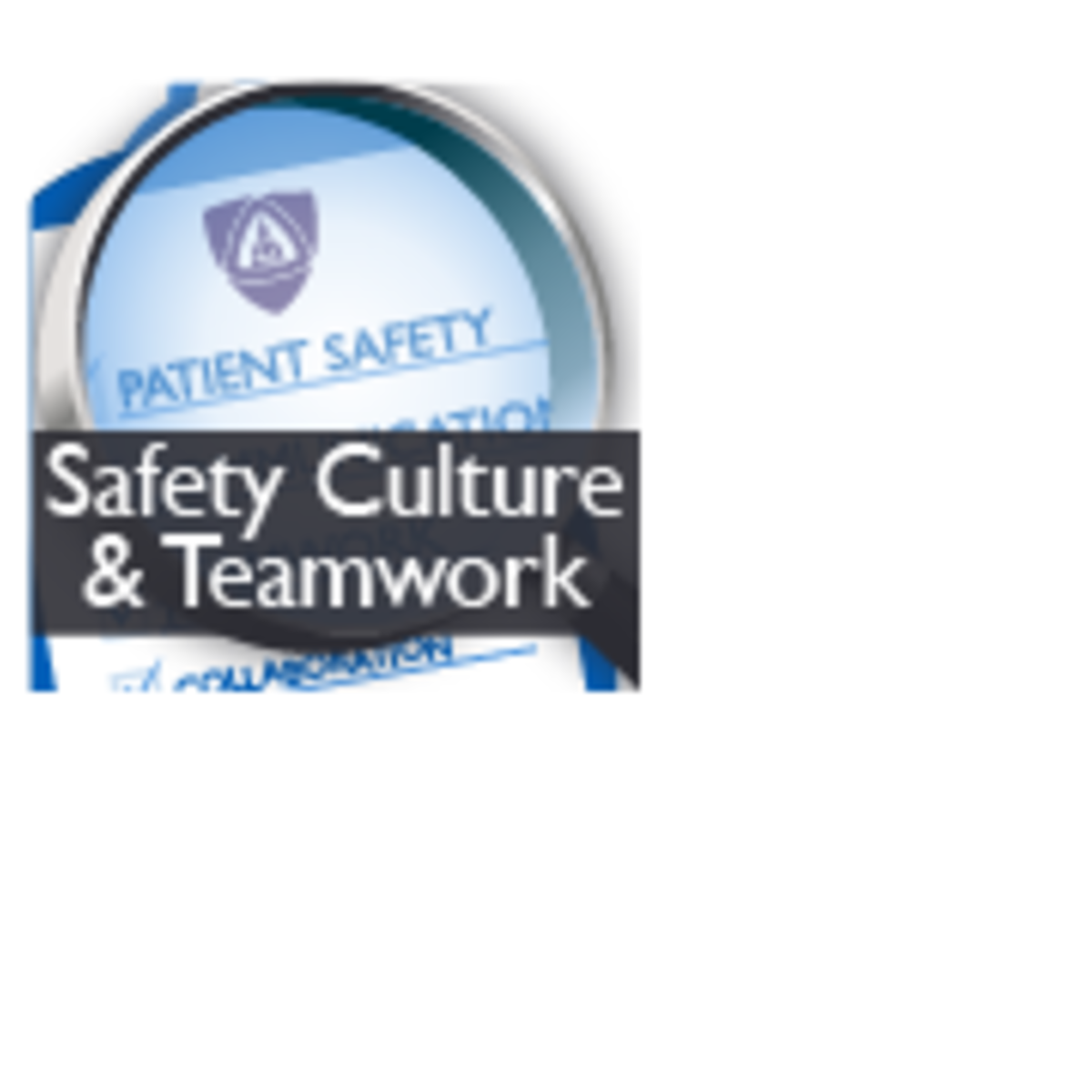
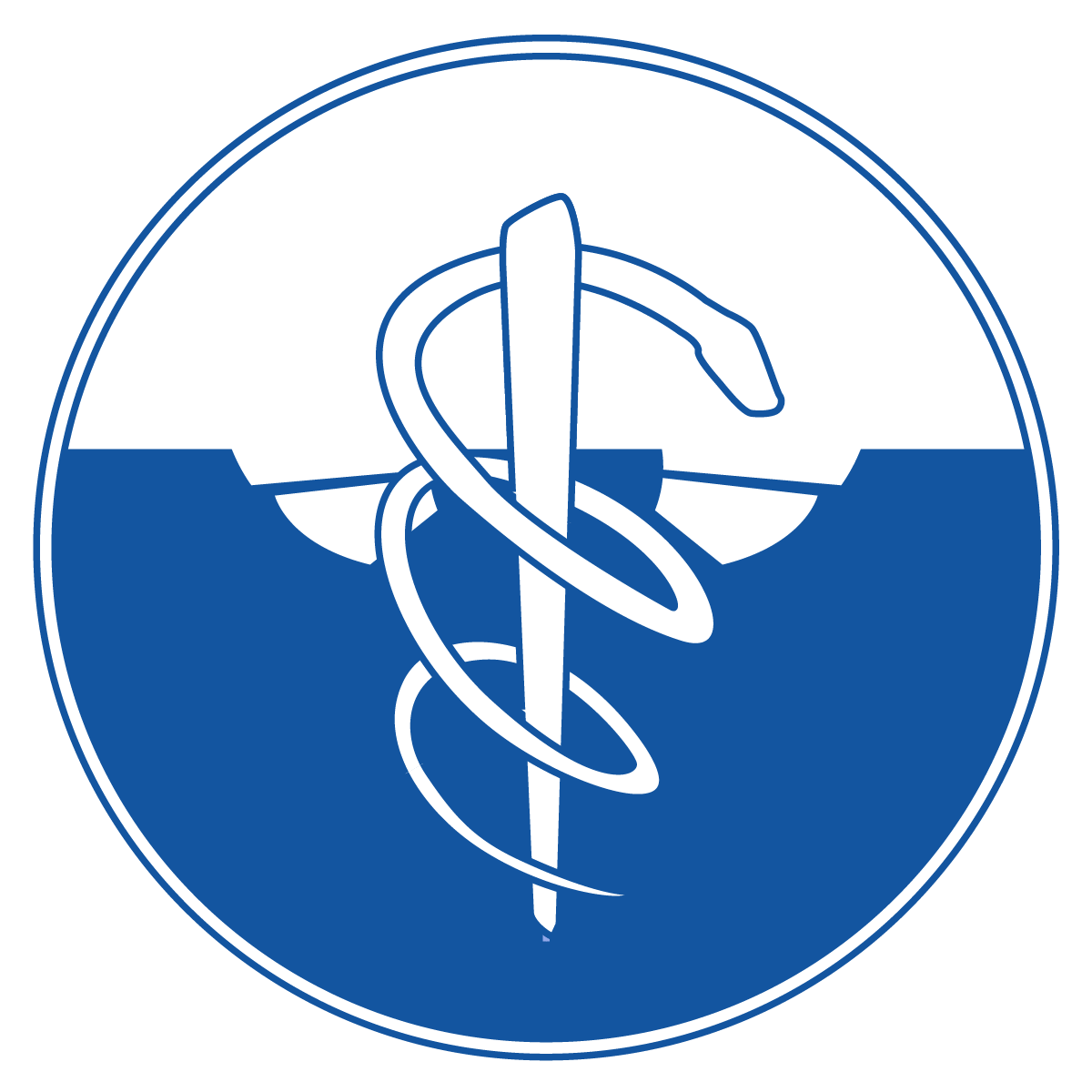
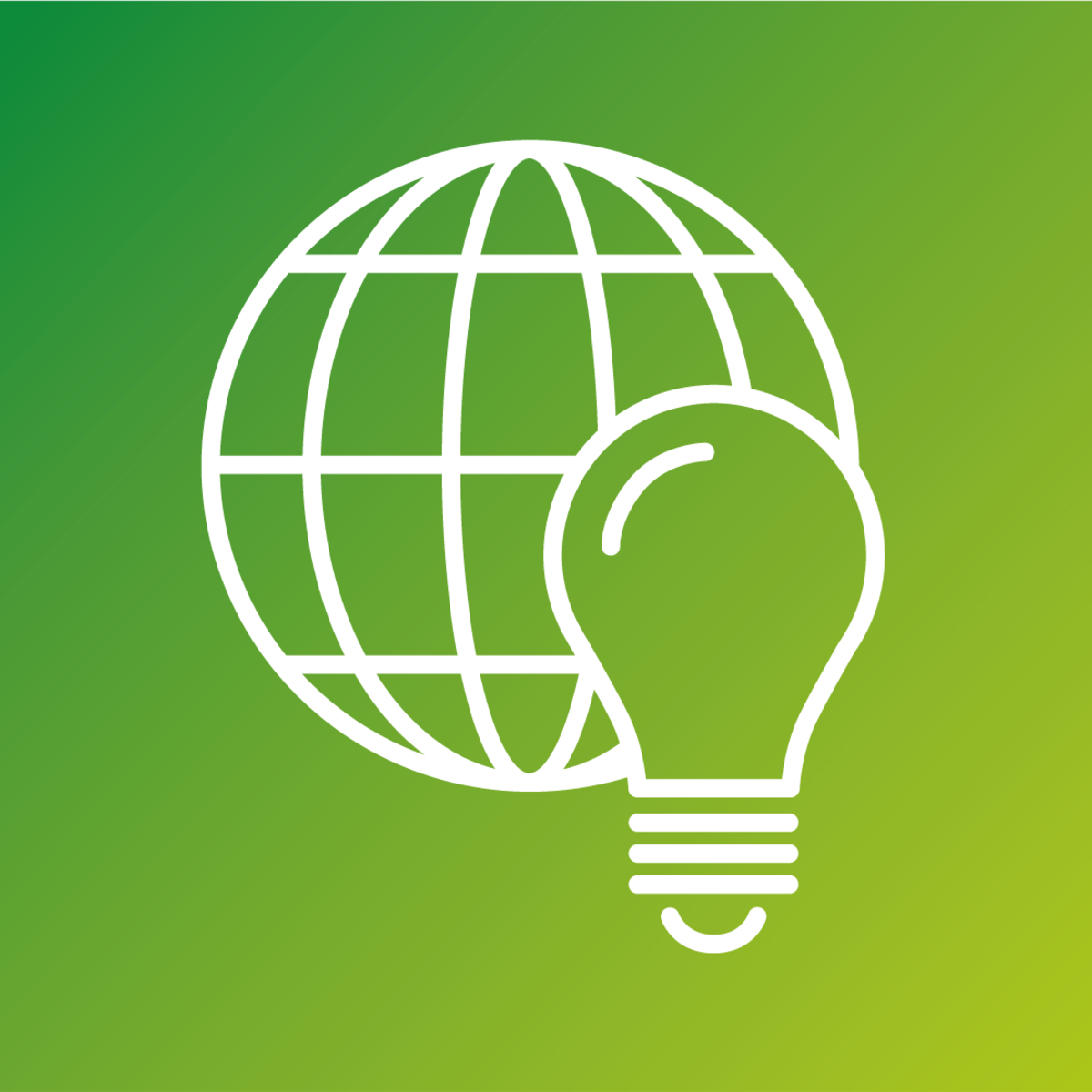




Life Sciences Courses - Page 9
Showing results 81-90 of 644

Cybersecurity in Healthcare (Hospitals & Care Centres)
The Cybersecurity in Healthcare MOOC was developed as part the SecureHospitals.eu project. This project has received funding from the European Union’s Horizon 2020 Coordination Research and Innovation Action under Grant Agreement No. 826497.
The course "Cybersecurity in Healthcare" has been developed to raise awareness and understanding the role of cybersecurity in healthcare (e.g., hospitals, care centres, clinics, other medical or social care institutions and service organisations) and the challenges that surround it. In this course, we will cover both theoretical and practical aspects of cybersecurity. We look at both social aspects as technical aspects that come into play. Furthermore, we offer helpful resources that cover different aspects of cybersecurity. Even if you are not active in the healthcare domain, you will find helpful tips and insights to deal with cybersecurity challenges within any other organisation or in personal contexts as well.
This course begins by introducing the opportunities and challenges that digitalisation of healthcare services has created. It explains how the rise of technologies and proliferation of (medical) data has become an attractive target to cybercriminals, which is essential in understanding why adequate cybersecurity measures are critical within the healthcare environment. In later modules, course contents cover the threats, both inside and outside of healthcare organisations like e.g. social engineering and hacking. Module 4 on Cyber Hygiene describes how to improve cybersecurity within healthcare organisations in practical ways. Module 5 looks deeper into how organisational culture affects cybersecurity, the cybersecurity culture, focusing on the interaction between human behaviour and technology and how organisational factors can boost or diminish the level and attention to cybersecurity in healthcare.
Do you work for a hospital, clinic, medical practice, care centre, care provider, social care organisation, or nursing home? Do you want to improve your personal or your organisation’s cybersecurity (cyber security, IT security, information security, network security, computer security, awareness)? Then please visit https://www.securehospitals.eu to gain access to a range of resources. You can also join the Security providers and Trainers platform (see: https://www.securehospitals.eu/for-providers-and-trainers/) or our Community of Practice (see: https://www.securehospitals.eu/community/).
Measuring and Maximizing Impact of COVID-19 Contact Tracing
This course aims to provide managers and developers of contact tracing programs guidance on the most important indicators of performance of a contact tracing program, and a tool that can be used to project the likely impact of improvements in specific indicators. Students who complete the course will be proficient in using the Contact Tracing Evaluation and Strategic Support Application (ConTESSA) to estimate the impact of their contact tracing program on transmission and strategizing about how to increase their program’s impact. A secondary audience for the course will be decision makers interested in knowing more about the characteristics of effective contact tracing programs, and strategies to improve.
The course is designed for individuals who are already leading contact tracing programs who have significant experience with epidemiology and public health. We strongly recommend completing this course on a laptop or a desktop rather than a phone as you’ll need to complete worksheets and open the course and the application simultaneously.
A Public Health Approach to Hearing Loss and Aging
At the Johns Hopkins Cochlear Center for Hearing and Public Health, we are dedicated to training up the next generation of clinicians and researchers to study the impact that hearing loss in older adults has on public health and to develop and implement public health strategies and solutions for hearing loss. The Center is proud to present this course which introduces a public health approach to aging and hearing population-based research, reviews the state of public health policy and ongoing interventions, and discusses the current epidemiologic research linking hearing loss to cognitive and healthcare outcomes in older adults, including dementia. Learners will be hearing from Johns Hopkins faculty and researchers who will speak on their expertise in areas of otolaryngology, audiology, epidemiology, gerontology, and public health policy/economics.

Setting the Stage for Success: An Eye on Safety Culture and Teamwork (Patient Safety II)
Safety culture is a facet of organizational culture that captures attitudes, beliefs, perceptions, and values about safety. A culture of safety is essential in high reliability organizations and is a critical mechanism for the delivery of safe and high-quality care. It requires a strong commitment from leadership and staff. In this course, a safe culture is promoted through the use of identifying and reporting patient safety hazards, accountability and transparency, involvement with patients and families, and effective teamwork.

Medical Emergencies: CPR, Toxicology, and Wilderness
In this course, you will develop the knowledge and skills to assess and stabilize certain types of patients for transport. By the end of this course, you will be able to: (1) Identify the signs and symptoms associated with a patient in shock, to describe the major categories of shock, to assess a patient with signs of shock and formulate a plan for treatment to stabilize the patient for transport, (2) Identify a patient in cardiac arrest and to describe the components of high performance CPR including placement of an AED, components of quality chest compressions, and options for oxygenation, (3) Identify a patient with under the influence of a drug of abuse or a toxicologic ingestion, assess a patient with a potential or known ingestion, and to formulate a plan for treatment and stabilization for transport including that of a violent patient, (4) Identify the symptoms associated with the most common environmental emergencies including hypothermia, hyperthermia, lightning strike and drowning, to assess patients with an environmental emergency and to describe initial treatment and stabilization for transportation and (5) Understanding your patient's story as well as to think critically about the complaint and symptoms associated with the gastrointestinal track, renal system, and the reproductive system.

Healthcare Entrepreneurship: Taking Ideas to Market
This course delves into intellectual property (IP) with an introduction into the innovation landscape within the UK and how that compares with other settings. You'll focus on how intellectual property applies to frugal innovations, compulsory licensing, and when and how to apply for intellectual property. This course teaches you about how innovators can secure funding by exploring the types of funding available, the types of organisations involved, as well as the challenges that surround funding. A key part of this course is a focus on 'pitching' skills - what's involved in pitching well, what content should you include, how can you best deliver a pitch.
You'll come away from this course with strong insight into the importance of protecting an innovation's intellectual property, able to identify IP processes and challenges, and able to confidently pitch an innovation.

Chimpanzee Behavior and Conservation
Chimpanzees are one of our closest living relatives, yet almost nothing was known about their behavior in the wild until Jane Goodall started her groundbreaking study of the chimpanzees of Gombe, Tanzania in 1960. This study continues today, following the same chimpanzee families that Jane Goodall first encountered over 55 years ago. Guided by three course instructors who have lived and worked with the Gombe chimpanzees, you will learn how Goodall’s early discoveries changed our view of human uniqueness. By completing the course, you will gain a new appreciation of the deep similarities between chimpanzees and humans in intelligence, tool use, hunting, personality and social relationships, as well as some key differences. You will learn how chimpanzees interact with their environment and how their behavior is influenced by ecology, as well as the severe conservation challenges they face today. And you will employ your new knowledge of chimpanzees to construct a persuasive argument for their protection. This course is open to everyone interested in learning more about these fascinating and complex beings. Knowledge of high-school level biology is beneficial but not required. Please keep in mind, however, that the content of this course will cover all aspects of chimpanzee life, including scientific discussion of sexual and aggressive behaviors.

Operations and Patient Safety for Healthcare IT Staff
Now that you've been introduced to the world of Health IT and the important role played by electronic health records (EHRs), we'll focus on other technologies that play a role in maintaining ongoing operations in healthcare. Telemedicine, patient portals, barcode scanners, printers, and medical devices are just some of the technologies that impact providers and patients. As an IT support specialist, you’ll be asked to troubleshoot issues with a wide variety of tools. You'll see a scenario with a medical device installation where issues related to IP addresses, networking, and MAC addresses come up.
When there are disruptions in technology, you’ll need to use training, tip sheets, and problem-solving skills to determine how best to handle the situation. Supporting a high reliability organization means being familiar with the existing processes and protocols for handling calls, creating tickets, escalating issues, and resolving matters. We’ll introduce you to the concept of self-service tickets and the guidance given to hospital staff on how to submit a ticket. You’ll learn about the different priority levels for tickets as well as the tiers of IT support. When a call comes in, there are some important resources you’ll need to access in order to troubleshoot the problem. These can range from standard question templates to tip sheets to complex matrices and knowledge base articles (KBAs). Having these tools in your arsenal is essential as a Health IT support specialist. We‘ll also cover the JIRA process, the need for excellent documentation, and ways in which requests for change are communicated.

Ecology: Ecosystem Dynamics and Conservation
This course is an introduction to ecology and ecosystem dynamics using a systems thinking lens. Through a case study on Mozambique's Gorongosa National Park, learners will explore how scientists study ecosystems, and investigate the complex array of factors that inform management efforts. At the end of the course, learners will be able to grapple with real-world conservation questions, such as whether an ecosystem can recover from anthropogenic disruption and what role humans can, and should, play in that recovery.

2021 Cancer Prevention Web-Based Activity (CE eligible)
This web-based video course focuses on the importance of prevention and risk reduction in decreasing cancer occurrences. All learners will need to watch the video modules, read associated articles, and achieve a passing score of 80% on quizzes in order to complete the course. After completing the course, learners will receive a link to claim continuing medical and nursing education credit.
DESCRIPTION
Next Generation Choices Foundation (NGCF or Less Cancer), lesscancer.org, in conjunction with the University of Virginia and American University, promotes a prevention paradigm for addressing the alarming trend of increasing cancer incidences and raises awareness of cancer prevention to make risk reduction and prevention a vital part of the cancer paradigm for all people. This is a departure from previous treatment-focused approaches that talked about beating, conquering, or curing cancer. Many cancers are preventable by reducing risk factors, such as PFAS and lead corrosion in water supply and infrastructure, use of tobacco products, ultraviolet light exposure, asbestos exposure, specific contaminants and pollution sources, disparities and inequities, and promoting healthy lifestyle choices, such as diet, exercise, and nutrition.
Visit the FAQs below for important information regarding 1) Activity faculty and their credentials; 2) Accreditation and Credit Designation statements; 3) Commercial support disclosure statement; 4) Disclosure of financial relationships for every person in control of activity content and their role in the activity; 5) Date of original release and Termination or expiration date.
Popular Internships and Jobs by Categories
Find Jobs & Internships
Browse
© 2024 BoostGrad | All rights reserved